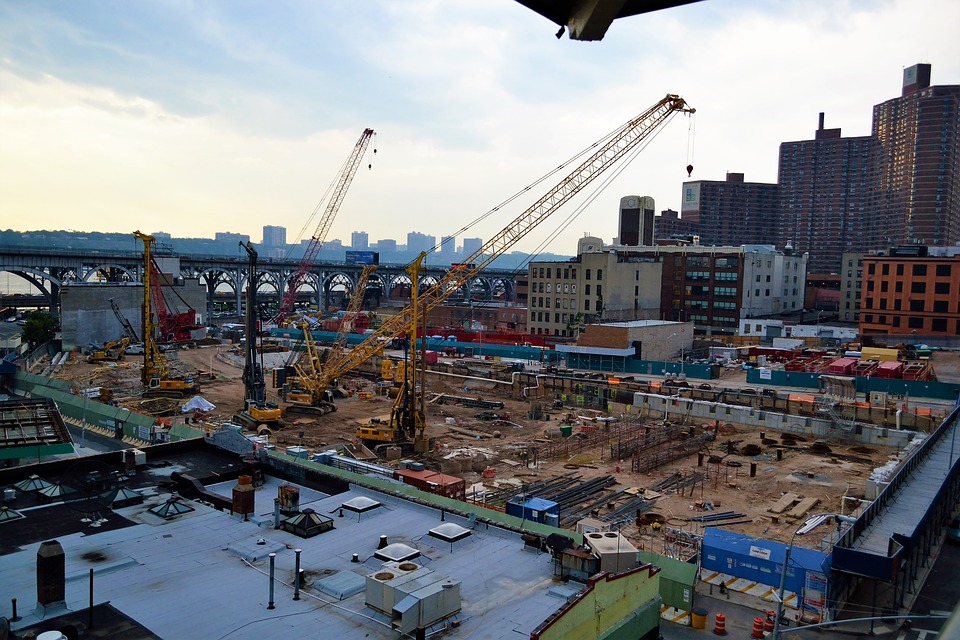Being a real estate agent is already a tough job. With all the other agents out there and the competitive market, agents need to do their best to win their share of the market. But it has become even harder in the market since the direct marketing strategies are not as effective as they used to be. hard-earned cash is spent on ads on Facebook and Google and little is returned. The Roi of direct marketing strategies is not satisfactory. This does not seem to be a one-time decline in the performance of direct marketing methods. There seems to be a logical and meaningful trend emerging in the market: the audience is exposed to too many marketing messages and has started to ignore all-the-same ads.
However desperate it might make agents, especially those new to the business who do not enjoy the advantages of word of mouth and referrals, repeating the same mistake over and over is not going to fix anything. There should be another turnaround to this predicament. And that is to look at the problem and think of what the audience wants.
Contents
The Root of the Problem: Bad Content
Real estate just like any other field in business is overwhelmed with the huge load of marketing messages in which real estate agents all claim to be the best, but most offer the same message. A brief look at the ads on social media platforms and Google shows that a majority of ads are centered around the agents and few focus on the needs of the clients.
“Content is king”, said Bill Gates back in 1996. Back in the day, he saw the potential internet has and saw the content as the pivotal point. The content indeed turned to be the king. In an era, where people are tired of all those ads with nothing to offer, content is the key to stand out and be unique. Of course, everyone can make content, but not everyone creates great content.
But what is great content? the long and the short of it: content that your audience is looking for on the internet. It caters to their needs and problems. Real estate is quite complicated in the eyes of the homebuyers and home sellers. They have many questions which they try to find answers to. Agents who focus on these questions and problems tend to become the go-to guy. The expert they are looking for.
Videos, Videos, Videos
We simply cannot highlight this enough. Watching videos is now easier than ever thanks to the advances in technology which has resulted in an increase in internet speed. Every day millions of videos are shared across different social networking platforms like Facebook, Instagram, Twitter, etc. on the other hand, YouTube as the biggest video sharing platform has made videos easier to watch. This is all good, but the problem is unlike watching videos, creating them is not easy. The great content we mentioned in the previous paragraph is offered best in the form of videos.

roomvu market update videos
A bad video should be better than no video, right? Wrong. Reputation and brands are so delicate in real estate that it is not recommended that agents risk them by using poor videos. As videos are hard to make many agents would rather stay away from them and forget about the benefits they offer. With a few searches on the internet, agents can find many great tips on how to record their own real estate videos and also the ideas to base their videos on. Another option is simply to hire professional real estate video creators to do the job for you. It might seem like extra expenses, but the ROI is definitely worth the cash you spend.

roomvu neighborhood bio videos
Social Media, Automated
Social media is one of the greatest avenues to generate leads in real estate. The features popular social media platforms offer, like Instagram live for real estate all help agents reach their audience on a larger scale. If you have the time, skills, and patience to manage a couple of social media accounts properly, create appropriate content, and keep it consistent, go ahead. But given the hectic schedule, most agents run; it is unlikely. The only way to make it as a real estate agent on social media is to keep it interesting, informative, and valuable for the audience and keep it going all the time. This is probably what keeps most agents away from giving social media a shot as they do not have the time, skills, content, etc.

All these do not mean agents can’t enjoy the benefits of social media. In fact, social media automation systems like roomvu real estate social media automation calendar can take care of all from content creation to sharing them on social media accounts. There are many platforms that offer social media automation. roomvu does what needs to be done effortlessly and also offers a free calendar. All agents need to do is connect their social media accounts and pick the right content provided by the roomvu content factory and then let the technology do the rest.

roomvu social media calendar
Final Words
Whether agents like it or not, they can’t insist on old-school methods. Furthermore, direct marketing methods too are failing due to being all the same and offering no value. No one clicks on ads anymore. It does not mean that ads are bad. The problem is that they offer nothing other than a bunch of claims which the audience is sick and tired of. What is suggested here is that agents need to take on a novel approach towards their marketing efforts. Coming across as a helpful expert who is always out there sharing valuable information and helping the audience with their needs by providing insightful answers through valuable content in the form of videos. This mindset requires patience and consistency as the desired community is not built overnight. Thinking of customers and their needs and concerns as the highest priority instead of claiming to be the best agent out there, is the key to success in real estate’s highly competitive market.
Read Also:























